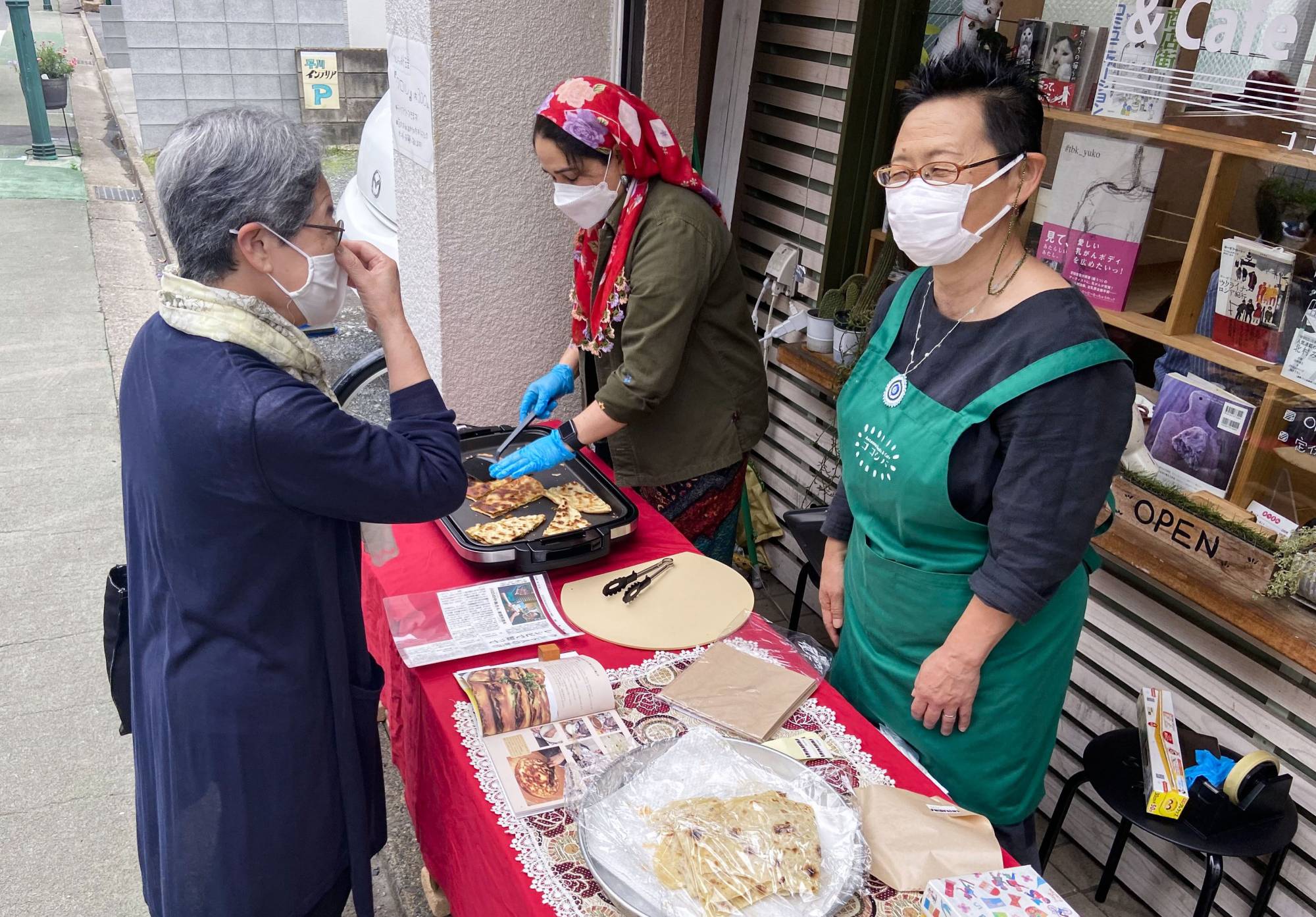In May, members of a packed audience at a small theater in Tokyo greeted a documentary on traditional Kurdish music with rapturous applause. Many of them then went up on stage to join an invited Kurdish musician in a dance.
The event was part of a spotlight recently turned on several films and publications about the everyday lives and culture of Kurds, some 2,000 of whom live in Japan. It represents a shift in focus from the issues surrounding political repression and refugees that are usually associated with them.
Making up sizable minorities in Turkey, Iraq, Iran and Syria, the Kurds are the world's largest ethnic group without a state.



